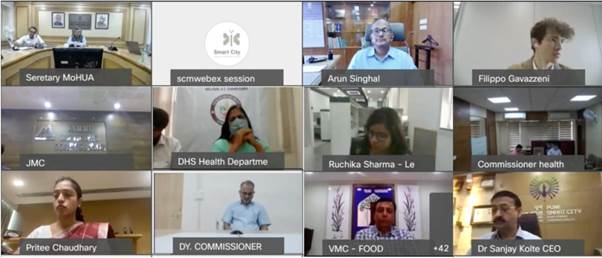
The Ministry of Housing and Urban Affairs (MoHUA) today announced eleven winning cities for the EatSmart Cities Challenge. These cities will now enter the deep engagement stage of the challenge wherein projects undertaken in pilot stage will be scaled up in a sustainable manner. The challenge was launched by MoHUA in collaboration with Food Safety and Standards Authority of India (FSSAI) on 15th April, 2021, to scale up the Eat Right India approach to city level.
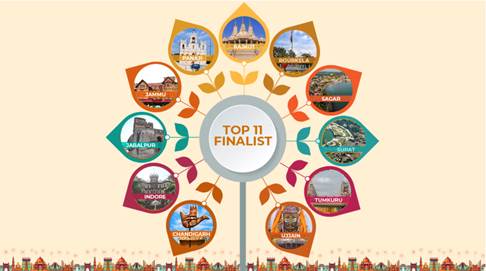
The virtual event was chaired by Shri Manoj Joshi, Secretary, MoHUA, who announced the names of the winning cities of the pilot phase. Shri Arun Singhal, CEO FSSAI, was present at the event. The participants at the event included Global and Indian officials from partner organisations who had supported the challenge including evaluation committee experts from Milan Urban Food Policy Pact (MUFPP), The Food Foundation, UK; representatives from winning cities, officials from Central and State Governments, including Municipal Commissioners and CEOs of 100 Smart Cities.
Speaking on this occasion, Shri Manoj Joshi said that it is a matter of pride that today, we see the Eat Right India approach getting scaled up to the Smart Cities level, with the launch of Eat Smart Cities Challenge. With the efforts of these 11 cities, we hope to start a movement that inspires all cities to transform their food systems and strengthen the food safety and regulatory environment, building awareness among the consumers and urge them to make better food choices in India’s cities, he added. Local Bodies are being involved in this challenge as this has to be implemented in the filed level. We need to look into the regulatory and licensing activities also because the consumer should get tasty, healthy food within affordable price. We also need ensure serving good and safe food in the official meetings, and in the canteens of offices, schools and colleges, he further added.
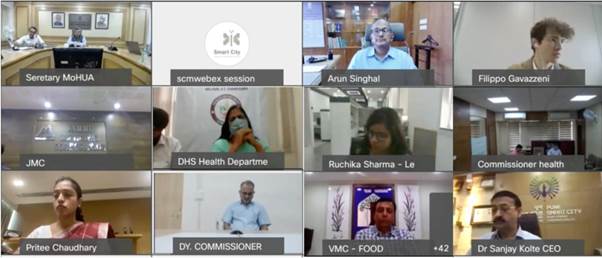
Smart Cities Mission has truly been a trendsetter in the way they think about cities and action city development. To enhance the health & wellbeing of the citizens and integrate sustainable food safety & nutrition systems within the smart city design, the Mission launched the EatSmart Cities Challenge, in collaboration with FSSAI, an authority under Ministry of Health & Family Welfare, Government of India.
The EatSmart Cities Challenge has the objective of motivating Smart Cities to develop a plan that supports a healthy, safe and sustainable food environment supported by institutional, physical, social, and economic infrastructure along with application of ‘smart’ solutions to combat food related issues. The Challenge is envisioned as a competition among cities to recognize their efforts in adopting and scaling up various initiatives under Eat Right India by strengthening the food safety and regulatory environment, building awareness among the consumers and urging them to make better food choices in India’s smart cities.
All cities under the Smart Cities Mission, capitals of States/UTs and cities with population of more than 500,000 were invited to participate in the challenge. 108 cities registered and 36 cities submitted their Score Cards and Vision Forms on the basis of the Eat Right India Framework and the pilot activities conducted. Upon evaluation, 11 cities have been selected as winners by a jury comprising national and international experts from MUFPP, Food Foundation and NeTPRoFaN (Network of Professionals of Food and Nutrition). These winning cities will be awarded Rs. Fifty lakh each from MoHUA and be involved for deep engagement over a period of next 12 months to scale up their plan including implementation of the Eat Right India initiatives. The list of winning cities is at Annexure 1.
For more information on the EatSmart Cities Challenge, please visit https://eatrightindia.gov.in/eatsmartcity/home
Under the pilot stage of the EatSmart Cities Challenge, the highlights included:
- At least 10% increase in licensing and registration of food businesses across cities
- Banning use of plastics and replacing with nature-based alternatives such as ‘patravali’ or leaf-based cutlery/ utensils.
- Use of technology-based solutions for food safety initiatives.
- Campaigns featuring cartoon/comic characters and video games to encourage young people to make healthy food choices.
- Incorporating food policy into the city urban development plan.
- Healthier food campaigns highlighting the nutrition value of traditional food versus fast/ultra-processed food.
- Supporting citizen volunteers to distribute surplus food from businesses to vulnerable communities.
- Progressing the trans-fat free @75 campaign.
- Training citizens in key nutrition messages to cascade across community settings.
- Involving the medical community in various campaigns to raise awareness of nutrition, food and health among citizens.
- Focusing on household food safety as well as business food safety and targeting small/micro businesses.
- Establishing school nutrition action groups, involving parents, to support a transition to nutritionally diverse menus.
- Citizen engagement during food festivals and food safety/health guidance for festivals attracting millions of people.
In the scale up stage, i.e. Stage-2, cities will:
- Work towards adopting an aggressive approach for food systems vision
- Implementation of Eat Right India programs at a larger scale
- Food Cities 2022 partnership along with next series of activities and deliberation sessions to showcase at the international forums
- Work towards making their interventions sustainable and to scale it up across wider network
- Work to bring institutional resilience through setting up a Food Systems Approach for the cities
‘The EatSmart Cities Challenge will support a large-scale effort to transform our Country’s food ecosystem to one that is safer, healthier and climate friendly. The world is seeking inspiration and innovation from the 11 chosen cities which are the front-runners of this challenge’
- Shri Arun Singhal, CEO, FSSAI
“I am hopeful that this challenge will have a positive impact on the lives of urban populace by motivating them to eat right. This movement can also help in creating the must-desired social and behavioural change amongst urban populace by modifying their eating habits and moving towards building a healthier and happier nation.’
- Shri Kunal Kumar, Mission Director, Smart Cities Mission
‘It is incredible to think that some of these actions have already taken place and are initial steps towards large-scale urban system transformation. The 11 cities chosen to participate in year one of the EatSmart Cities Challenge will pave the way and set exceptional standards to inspire other cities in India as well as cities across the globe.’
- Shaleen Meelu, Special Advisor, City Food Policy, Food Foundation.
‘We were honoured to be invited to participate as judges in the India’s EatSmart Cities Challenge. The Milan Urban Food Policy Pact is a network of 200+ cities across the world committed to transforming urban food systems. In the true spirit of the Milan Pact, cities participating in this challenge have demonstrated greater efforts and increasing willingness to ensure their citizens have access to safe, healthy, and nutritious food. We are impressed by the rapid implementation of EatSmart solutions and look forward to signing up finalists to the Milan Pact in order to share their experience with signatory cities across the MUFPP network.’
- MUFPP Secretariat
Annexure 1
The Top 11 Awardees of the pilot stage of the EatSmart Cities Challenge, in alphabetical order, are:
- Chandigarh: Has ambitious plans to engage a broad range of food industry stakeholders and roll out behaviour changes campaigns that have been initiated in the cities academic institutions.
- Indore: Undertook sustainable food policy actions including recycling at the household level and a food surplus programme which included 100 businesses donating surplus food
- Jammu: Presented Urban Agriculture projects along with vertical gardens, composts and technology intervention to manage food waste.
- Jabalpur: Food is at the heart of city planning. A food security board has been established to sign off initiatives to ensure both scale and safety. A weight management/behaviour change intervention has been launched to tackle childhood obesity. This includes use of cartoon characters/fun educational resources. Women are the focus of behaviour change interventions.
- Panaji: Efforts to register micro or home cooking businesses. The city is incentivising food producers to implement food safety and hygiene measures.
- Rajkot: Focus on raising food safety at the household level. They are also linking state health screening programmes to targeted nutrition interventions. Parents are being engaged in school food action groups to support development of nutritionally, diverse menus. The city is also developing healthy eating guidance for festivals.
- Rourkela: The city is establishing an economic approach to food system transformation. Rourkela was one of two Indian cities selected as Champion Cities by Bloomberg Philanthropies 2021 Global Mayors Challenge. The city is supporting solar powered cold storage and plus women entrepreneurship to reduce waste. They aim to empower small farmers and street vendors. The cold powered solutions are managed by women’s self-help groups. Rourkela aims to be a ‘15-minute City’.
- Sagar: The city is developing innovative measure to involve citizens and promote food security. They are developing a video game for children to support development of food competency skills and training young nutrition ambassadors.
- Surat: The first city to mention initiatives for homeless people and aim to ban plastics. The corporation is already working with over 60 schools.
- Tumakuru: The city is focused on circularity and waste reduction initiatives. There is a comprehensive nutrition education programme including in prisons.
- Ujjain: The city supports fruit and vegetable markets including farmer education. 50% of schools have been signed up and a professional medical organisation is
supporting nutrition education. A ‘sustainable food system’ initiative will be piloted across a colony of 250 households incorporating hydroponics.


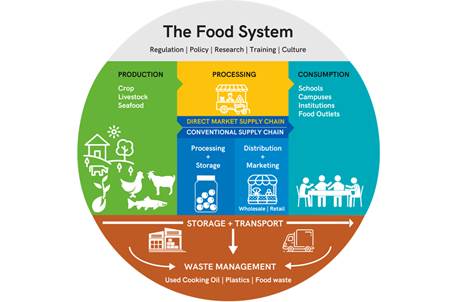

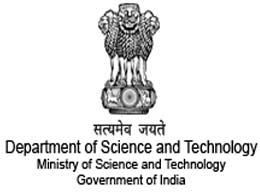
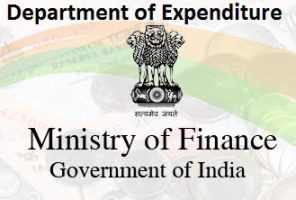
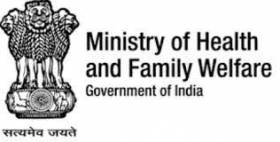

Leave a Reply
You must be logged in to post a comment.